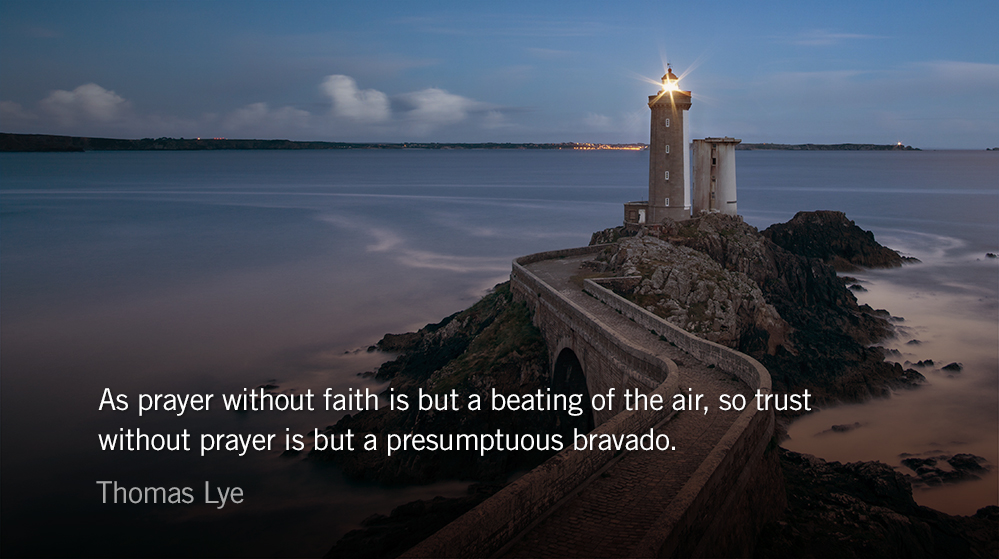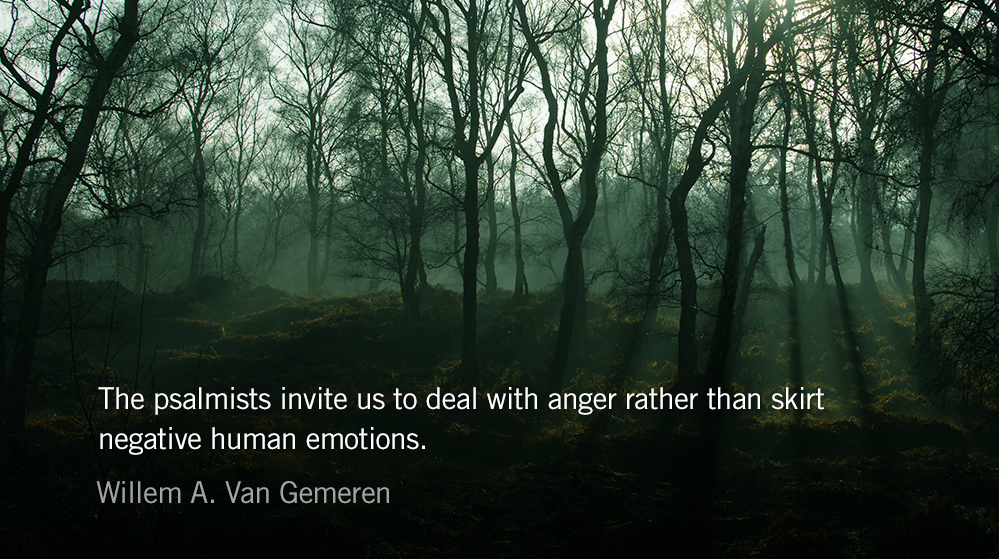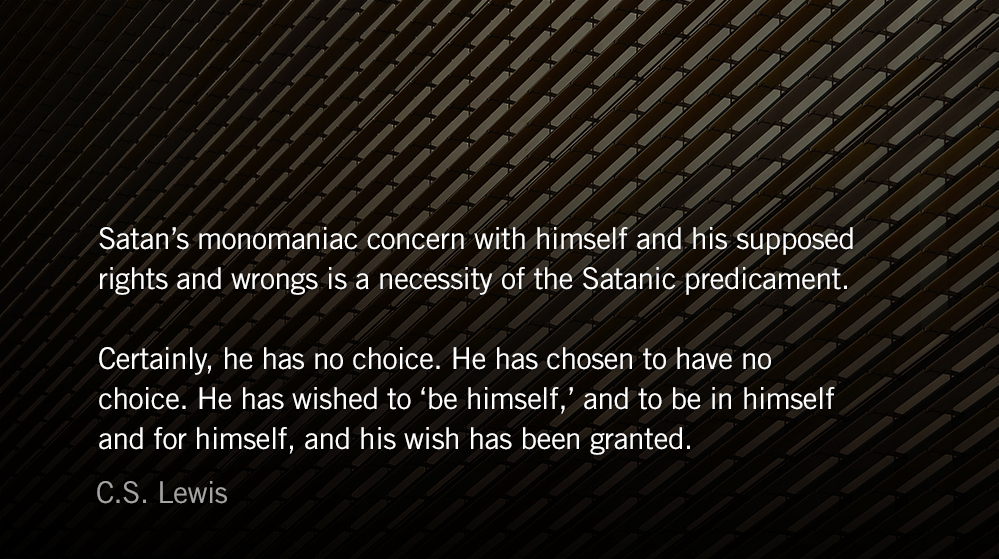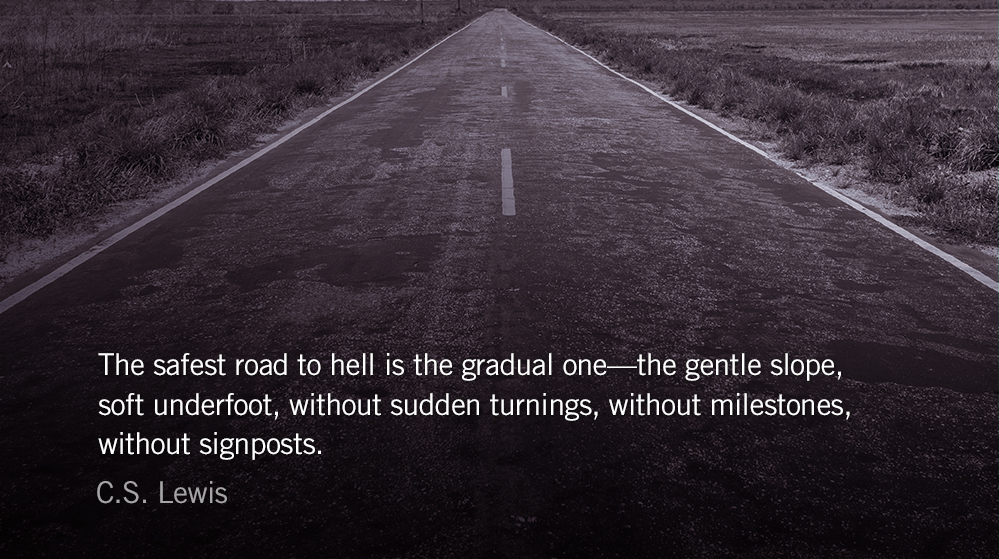As prayer without faith is but a beating of the air, so trust without prayer is but a presumptuous bravado.
―Thomas Lye
Scripture: Psalm 86.11
Teach me your way, O Lord, that I may walk in your truth; unite my heart to fear your name.
Reflection: Trusting God
by Thomas Lye (c. 1675 C.E.)
To trust in God, is to cast our burden on the Lord, when it is too heavy for our own shoulder; to dwell “in the secret place of the Most High,” when we know not where to lay our heads on earth. It is to “look to our Maker,” and to “have respect to the Holy One of Israel;” to lean on our Beloved; to stay ourselves, when sinking, on the Lord our God.
In a word, trust in God is that high act or exercise of faith, whereby the soul, looking upon God, and casting of itself on his goodness, power, promises, faithfulness, and providence, is lifted up above carnal fears and discouragements, above perplexing doubts and disquietments. These acts are either for the obtaining and continuance of that which is good, or for the preventing or removing of that which is evil.
More particularly, there are three ingredients of trust in God:
1. A clear knowledge or right apprehension of God, as revealed in his word and works. Knowledge of God is of such necessity to a right trust, that it is put as a synonym for trust: “I will set him on high, because he hath known,” that is, trusted in, “my name.”
2. A full assent of the understanding, and consent of the will, to those divine revelations, as true and good, wherein the Lord proposes himself as an adequate object for our trust.
3. A firm and fixed reliance, resting, or recumbency of the whole soul on God. Or a firm persuasion, and special confidence of the heart, whereby a believer particularly applies to himself the faithful promises of God, and certainly concludes and determines with himself, that the Lord is able and willing to make good to him the good promises he hath made. This indeed is the very formality of trust; one of the highest and noblest acts of faith.
Prayer: The Request for Presence
Come to me speedily, O God. You are my helper and deliverer; Lord, do not tarry. —Psalm 70.5-6
– From The Divine Hours: Prayers for Summertime by Phyllis Tickle.
Full prayer available online and in print.
Today’s Readings
Deuteronomy 4 (Listen – 7:22)
Psalm 86-87 (Listen – 2:36)






